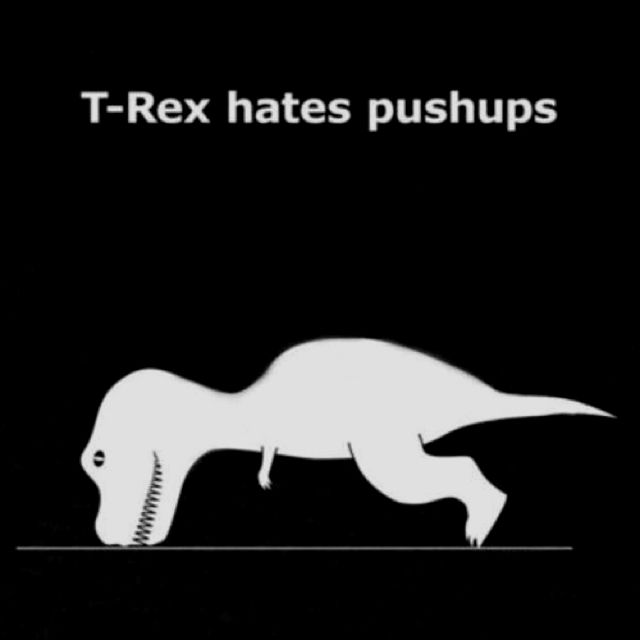Bad habits we inherit
There’s a certain type of bad habit that a surprising number of us have. Addictive behaviors, procrastination, spending too much time mindlessly surfing the web, spending too much time doing pointless stuff we don’t actually enjoy, avoiding activities that we enjoy (and if we just thought about it for five minutes, we know we’d enjoy it).
The really curious thing about these bad habits is that they persist even if there’s nothing concrete keeping us from changing our behavior. There’s no chemical dependence, no withdrawal symptoms, we usually don’t become social outcasts by wasting less time on the computer, and so on. But we still have the bad habit. And this is really frustrating, because it doesn’t make sense! Why do we still do the wrong thing?
I recently learned about an interesting way to frame it: if there’s nothing obvious stopping us from changing and we do want to change, but we don’t, then it’s probably because the “bad” habit was useful and good at one point in our lives. But now, our environment is different so the same habit becomes counterproductive, but because it’s so second-nature and ingrained in us, we forget to change back. And it’s hard to just stop even after we become aware of the habit, because it protected us at one point. It was useful, it was good, it was helpful.
Extra true if we developed the habit when we were under a lot of stress or dealing with something really unpleasant.
It’s kind of like the way we think about biological traits in the context of evolution. Being big and strong was useful for the T-rex when those traits meant being able to catch food more easily, but needing to support such a big body was really unhelpful when the asteroid hit and all their food died off.

Not needing to support big, heavy arms was nice when you could just bite all your prey, but they’re unhelpful when you just want to show off at the beach
This way of framing bad habits seems like an interesting explanation for the way I procrastinate sometimes. In particular, I notice I sometimes procrastinate even for doing things I like.
When I was a kid, the work I was assigned (both in and out of school– and there was quite a bit of the latter) was not only boring but meaningless1, and the reward for getting it done faster was more work. Procrastination was a useful tool back then, because at least then I’d get the first laugh (no, actually, I mean the first laugh). I’d at least have some time to play with my friends after school before running up against the looming deadline later that night! Then I wouldn’t get any additional tasks thrown my way, because it was already late.
Unfortunately, this strategy doesn’t work out so well for stuff that I like doing. I notice sometimes I’ll put off even my hobbies. I’m not avoiding some unpleasant task, which is usually how we think about procrastination. They’re my hobbies! They’re not unpleasant. I’m not consciously avoiding anything. It’s just been ingrained so much that I don’t notice what I’m doing until I look back and realized I burned a whole bunch of time.
One strategy that I’ve been trying lately is reminding myself that life is different. It does seem to help with these sorts of bad habits. Life has changed, the environment has changed, I won’t be punished for doing it early, and so on and so forth.
Footnotes
1: Working as a dishwasher might also be boring, but at least it’s something that needs to be done and the effort actually does something meaningful. A meaningful history assignment might be to study why Genghis Khan organized his empire the way he did and to compare it with other forms of government.
Instead, most of the schoolwork I got was more along the lines of “find the word ‘Genghis’ in this word search.” In many of my educational experiences, this appears to be the rule, not the exception.
My guess is that most people have a problem with meaninglessness, not boringness. To see this in action, go ask a hyperactive six-year-old to hold the dustpan while you sweep the floor, and watch how focused they become when they realize they’re a crucial part of the floor-sweeping operation.